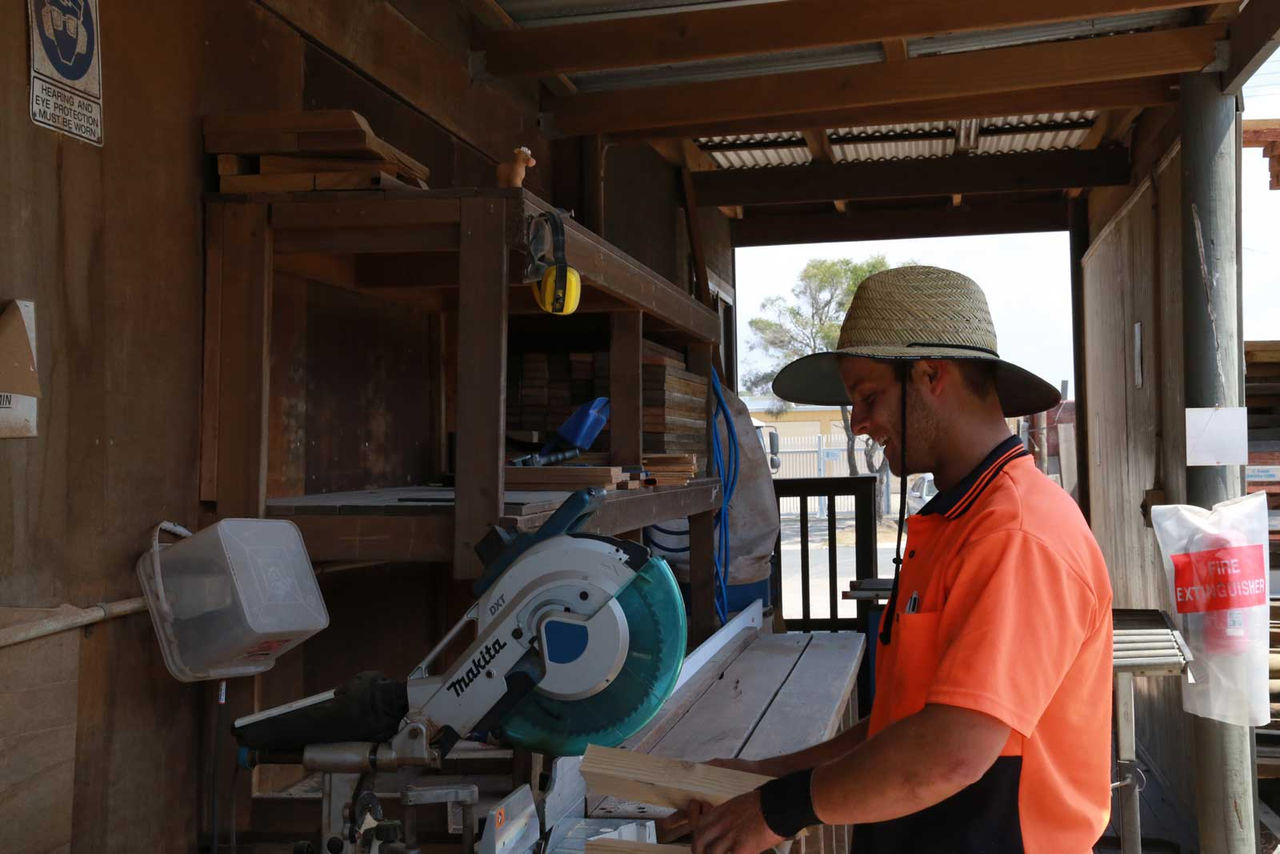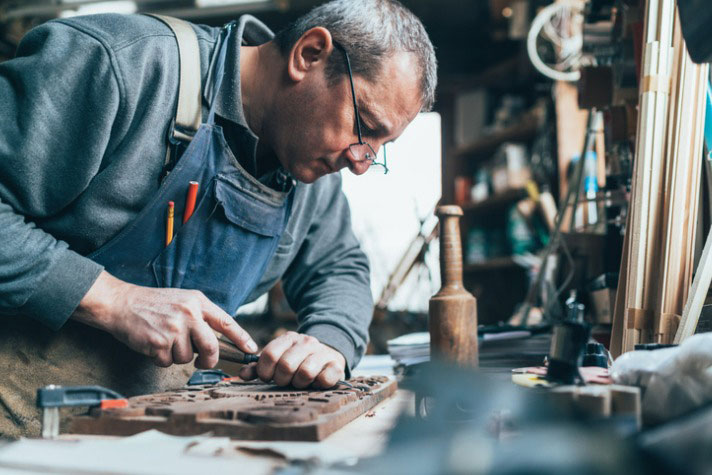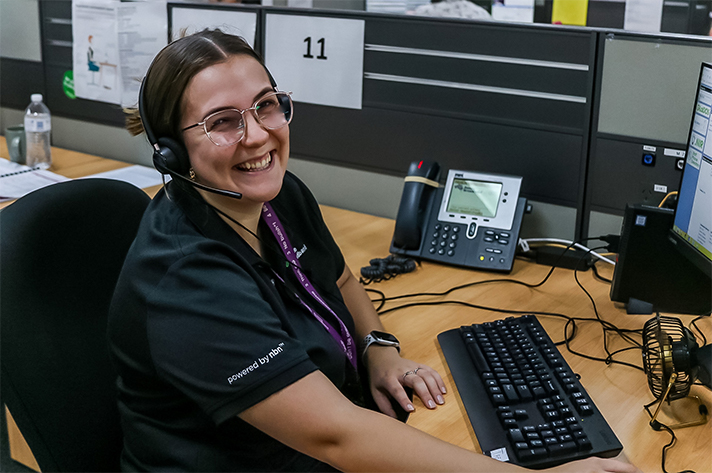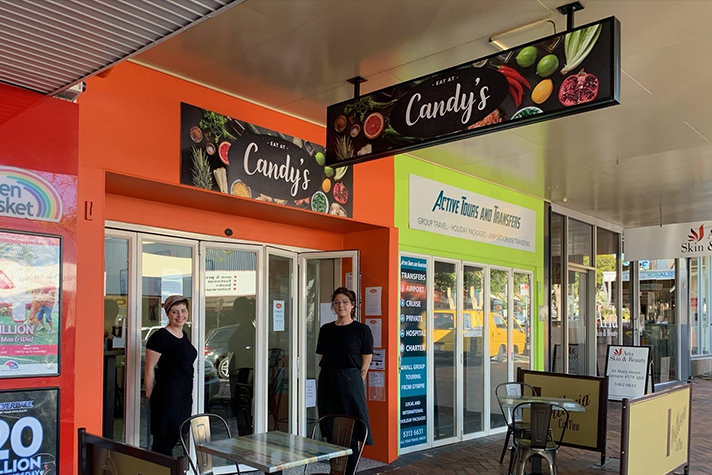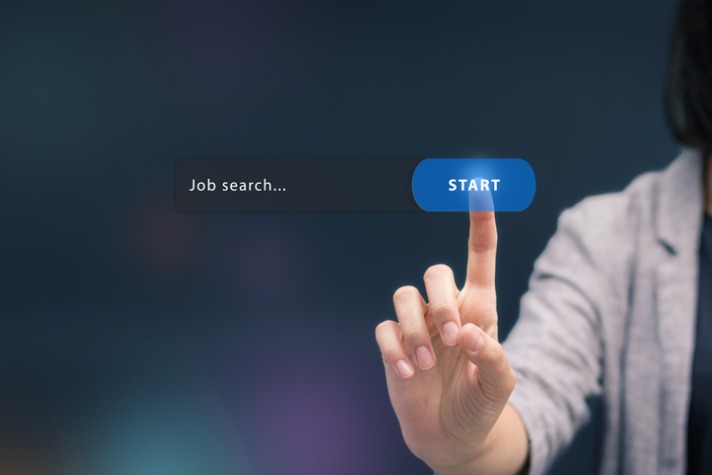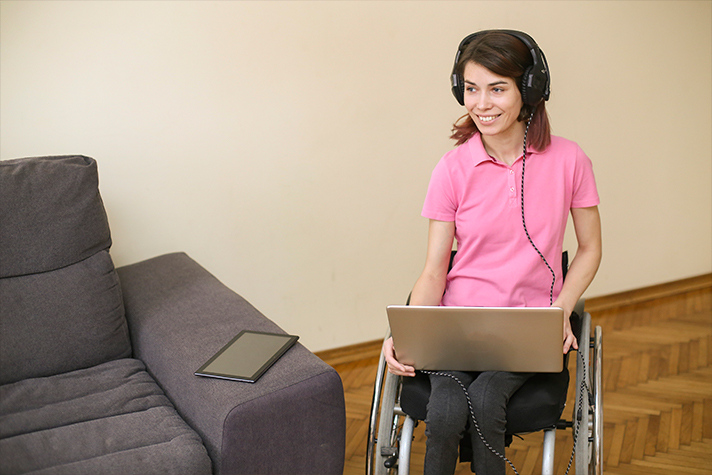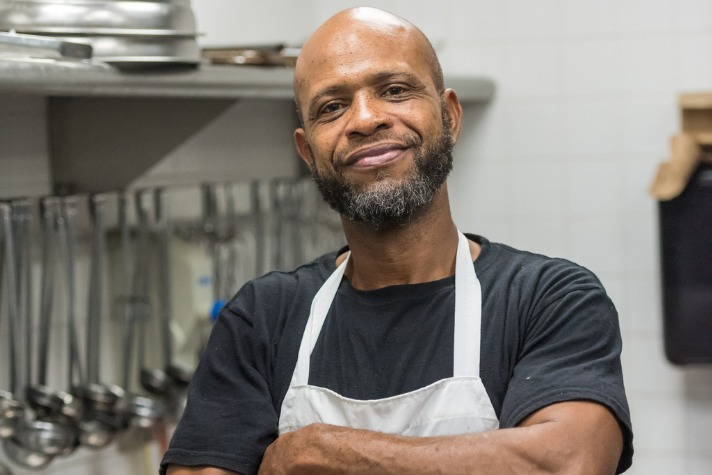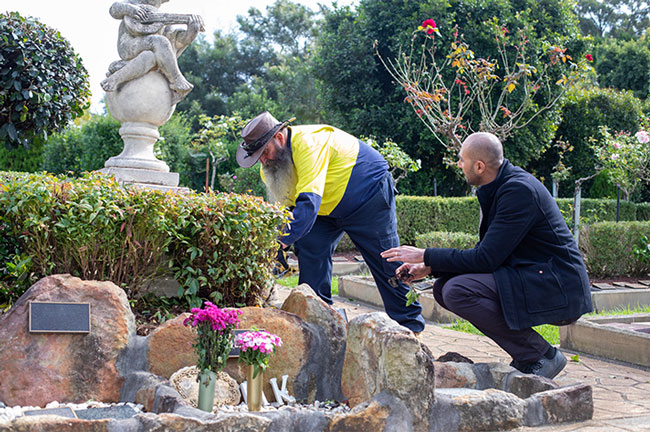How to be confident in an interview
Published by MAXSolutions on June 29, 2020

It can be hard to stay composed when you are interviewing for a job you really want. That’s why knowing how to be confident in an interview is crucial for calming the nerves and showing your best side to a potential employer.
The following article will provide some tips and advice for you to develop the job interview confidence to give you the best shot of landing that job.
Before the interview
Prepare well
Do your research before you get in the room. Re-read the job advert and be clear on what they are looking for. Have a think about how your skills fit their requirements and run through some interview practise questions in the mirror or with a friend.
It might also be beneficial to have a look at the company and its history and values. Its sometimes a curve ball question that interviewers like to throw out there. It’s a good chance to impress and sound confident in an interview.
It might be a good idea to lay out your clothes the night before as well. Rushing around in the morning look for a lost tie or missing shoe could leave you flustered and definitely not brimming with that interview confidence.
Look after yourself
Eat well and go to bed early. Getting a good night’s rest and waking up feeling and looking refreshed will go a long way to keeping you calm and exuding confidence for your interview.
It might even be a good idea to do some physical activity the morning of the interview to expend some of that nervous energy.
During the interview
Body language
A crucial part of how to act confident in an interview comes down to body language. The following quick tips will all help for making you appear more confident than you are in an interview:
- Posture: Sitting up straight and leaning slightly forward shows the interviewer you are actively listening and interested in what they have to say. slouching might make it look like you are too relaxed or don’t want to be there.
- Eye contact: Looking down or away from the interviewer does not show confidence. While you don’t want to stare you do want to meet their gaze when they are talking to you and every so often when you answer questions. If you have more than one interviewer, try to give attention to all people in the room.
- Don’t fidget: Things like playing with your hair, finger-tapping or leg-shaking are pretty clear signs of being nervous. You should identify what you do prior to the interview and put some measures in place to counter them; clasping hands to stop moving fingers for instance.
- Smile: Looking like you are comfortable and enjoying the process makes will help you show that interview confidence. It can also help the interviewer relax and therefore make the interview run more smoothly.
Breathe
Another good way to remove some anxiousness is to focus on your breathing. By breathing deeply through your nose and slowly releasing through your mouth several times, you can slow your heart rate and make yourself calmer.
Maybe try to do this whilst you are waiting for the interview to start.
Talk slowly
One of the best ways to act confident in an interview is to be measured in the way you speak. This comes down to one thing, practice! As mentioned before doing your research and preparing well is key coming across as calm and confident in your interview.
Taking some time to think before you respond isn’t a negative. If you get asked a question that needs an example, let the interviewer know that you’d like to just take some time to think of the best or most relevant example.
For more tips on how to respond during an interview, you can find out in our article on unusual interview questions and how to answer them.
You can always reach out to your employment consultant for more advice on how to be confident in an interview or if you need someone to practice your interview skills with.
Share
Tags
Found this useful?
Help and advice
Our blogs are about helping people seek the information that they need for their steps in the workforce.




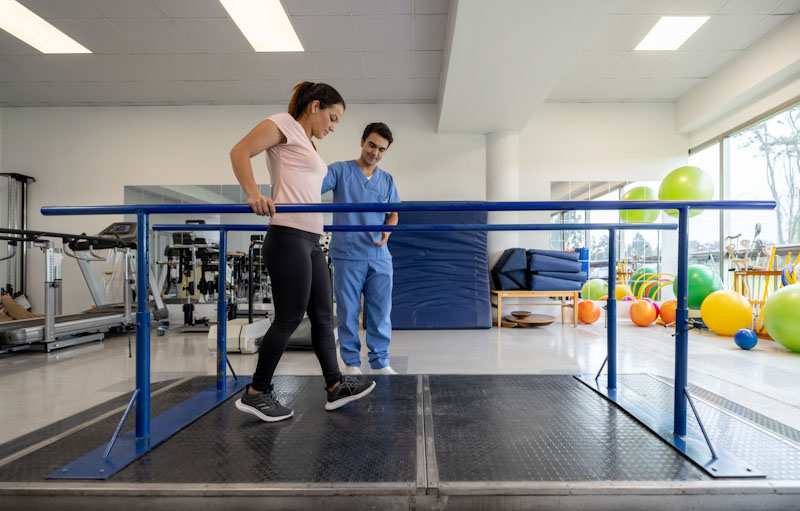
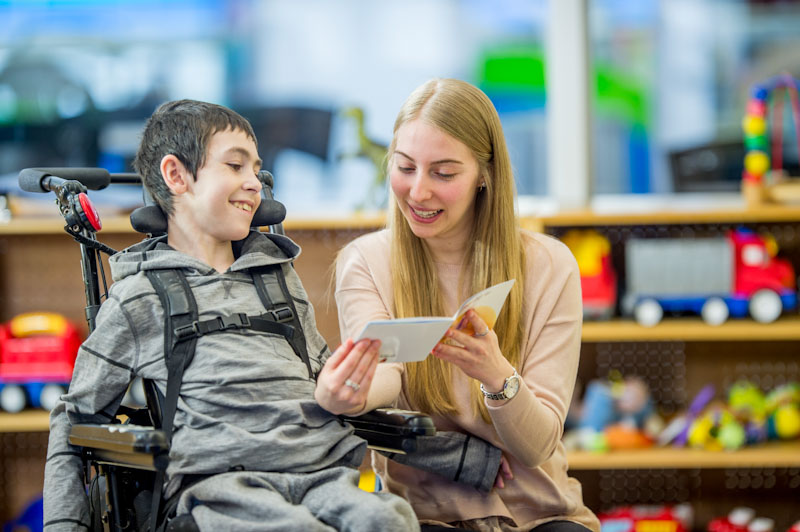
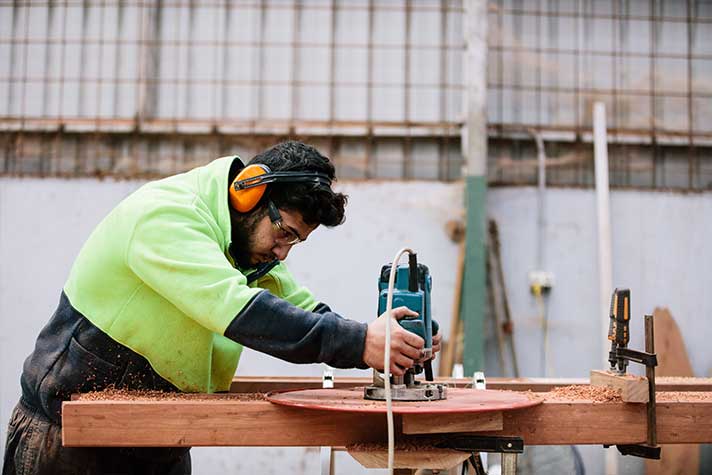
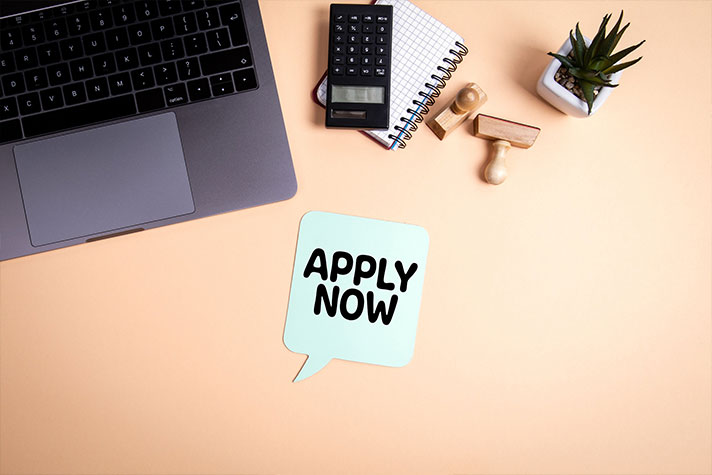
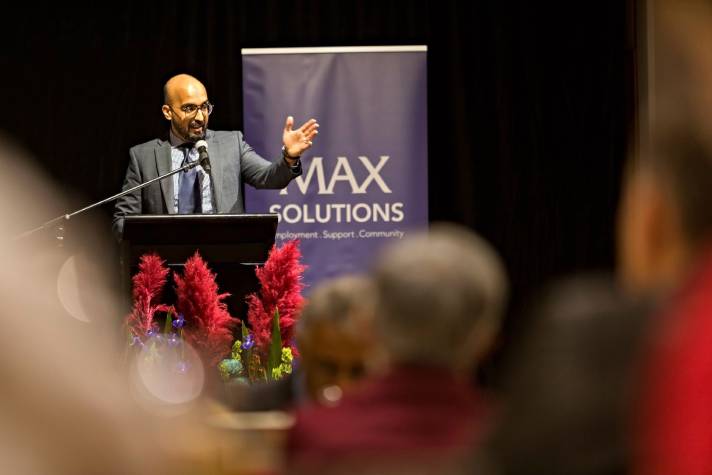
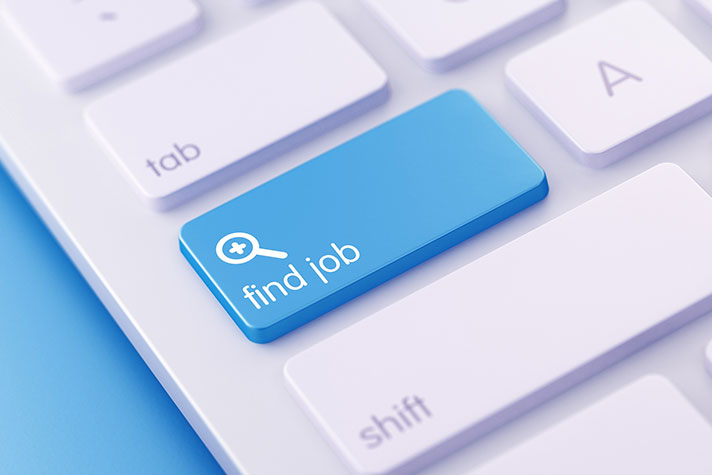
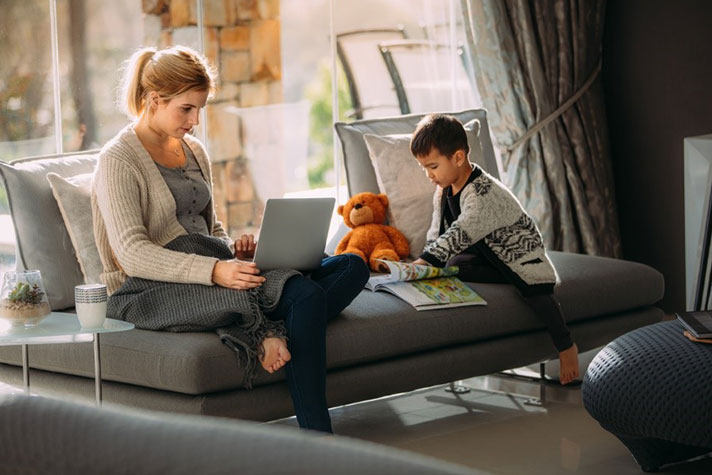
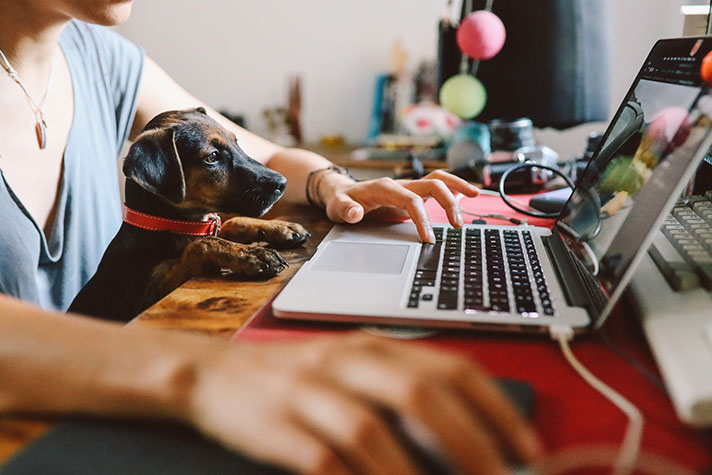

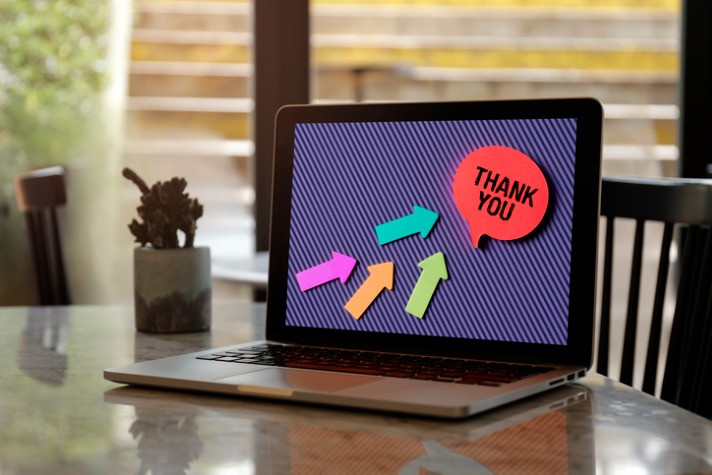
_1.jpg)
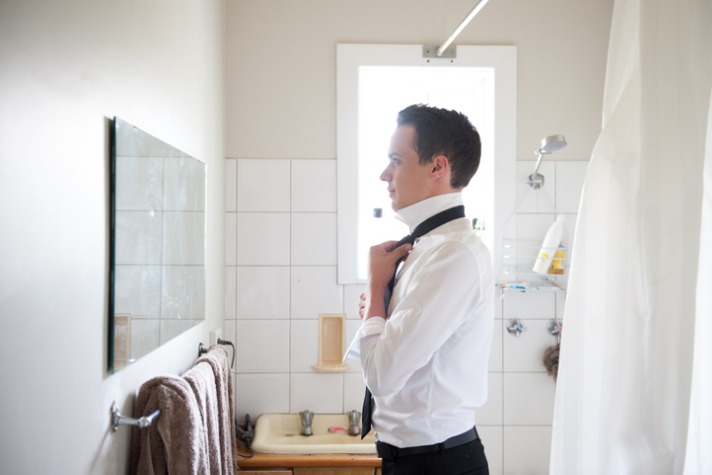
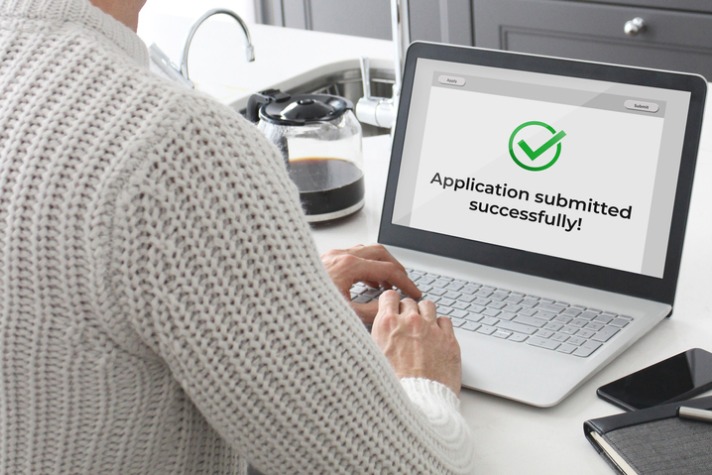
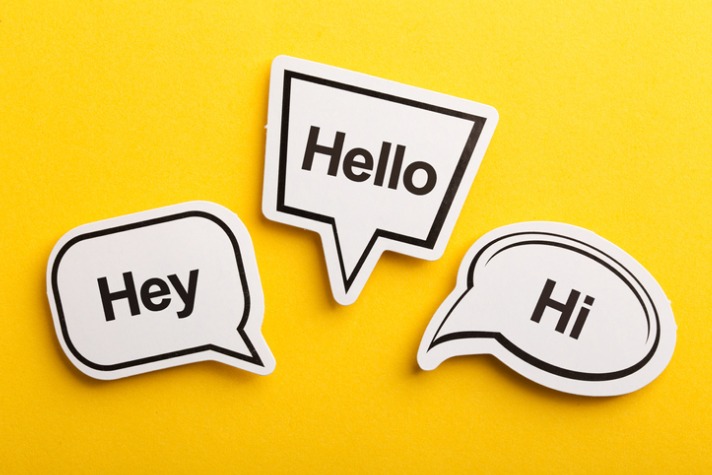
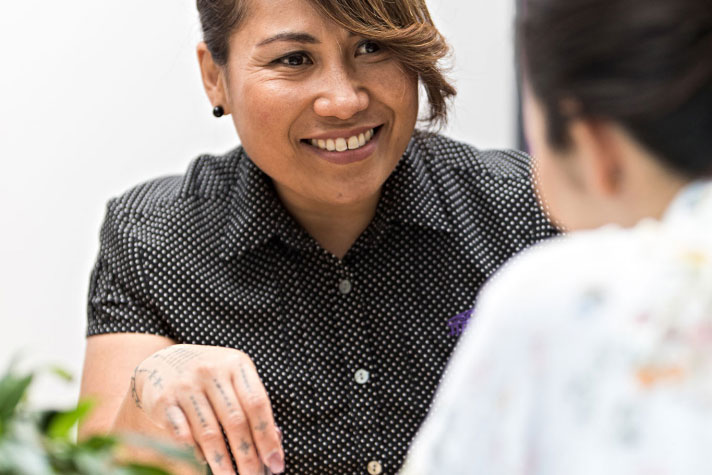
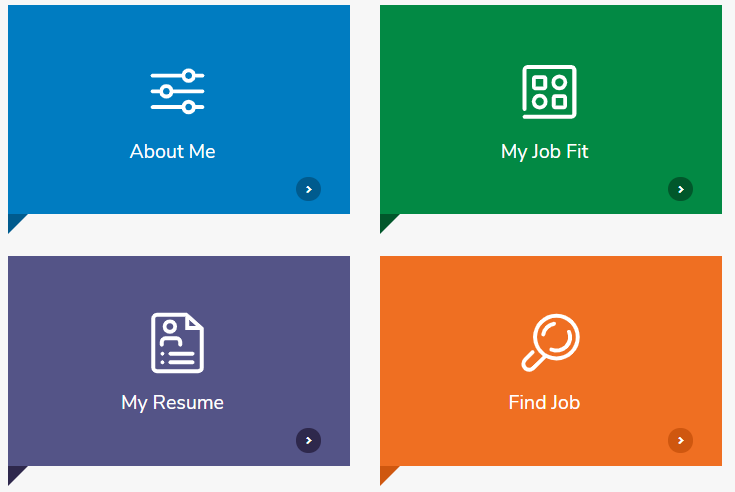

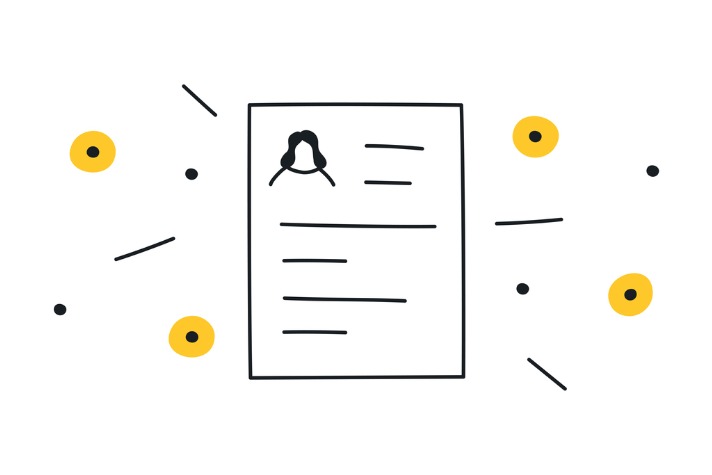

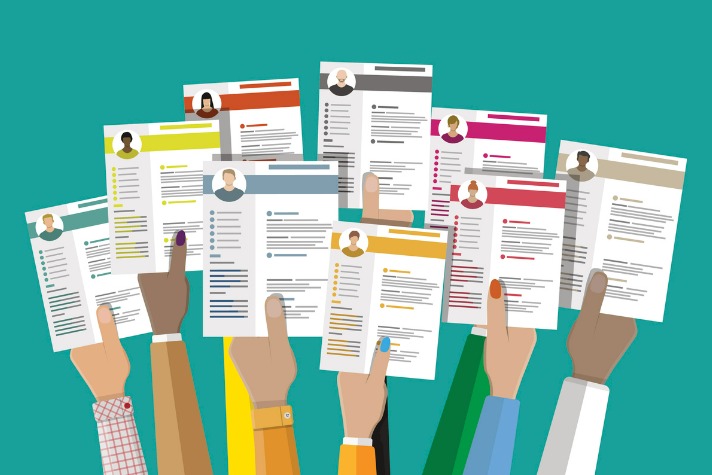
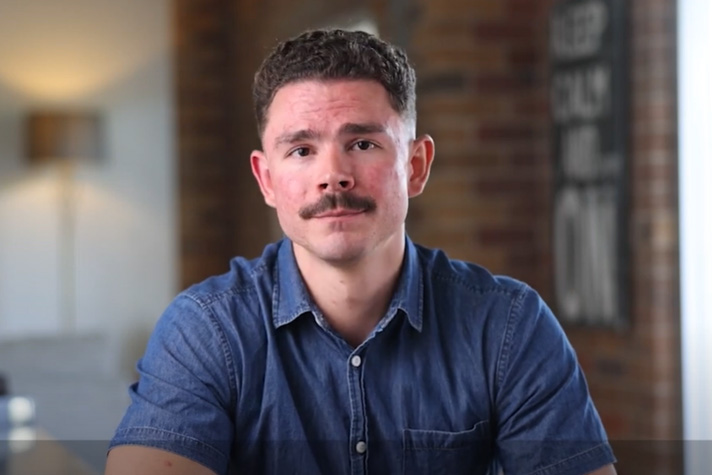
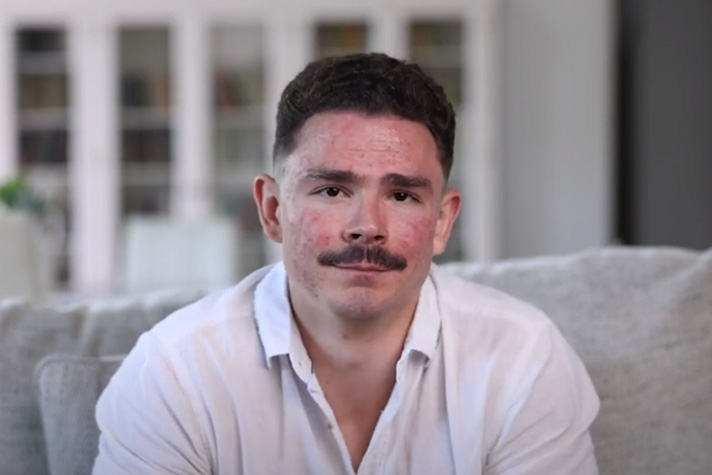
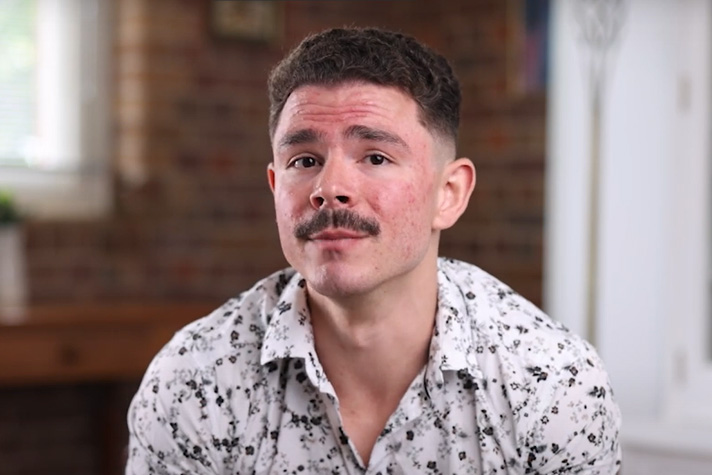
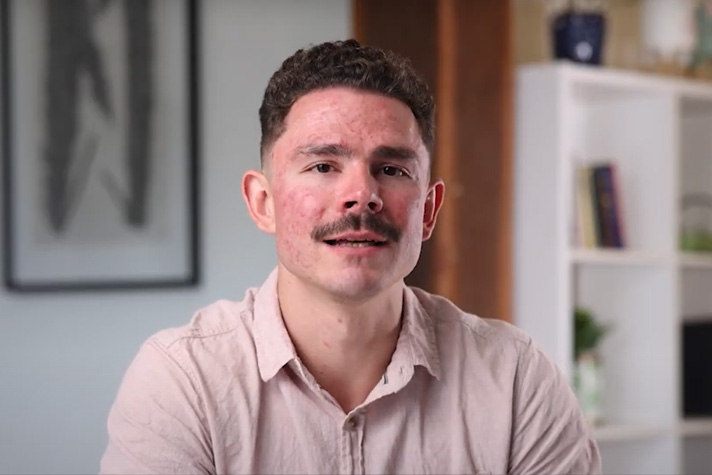
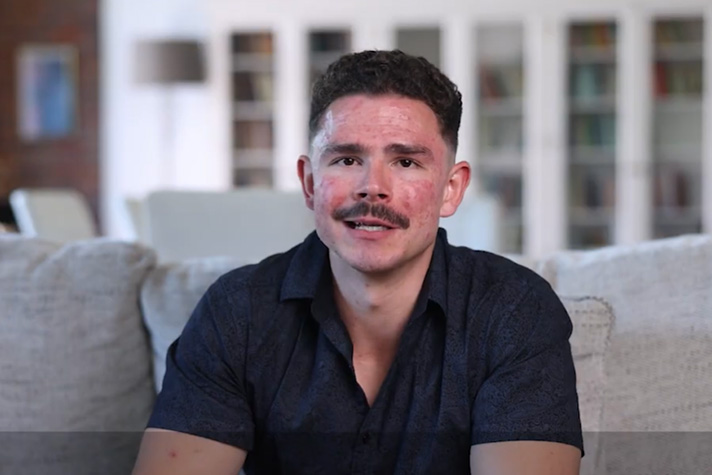



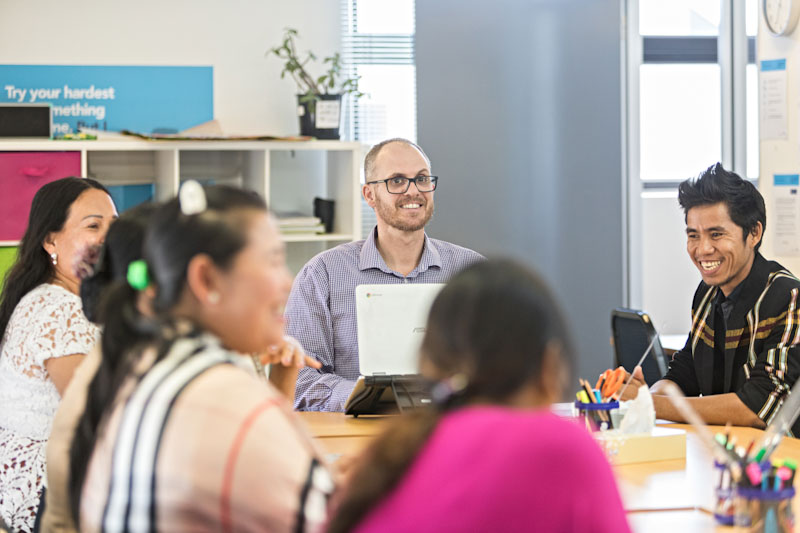
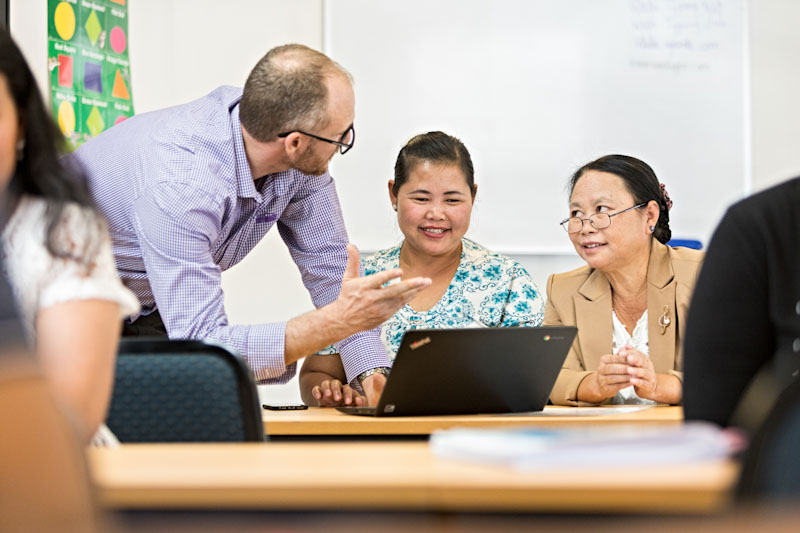
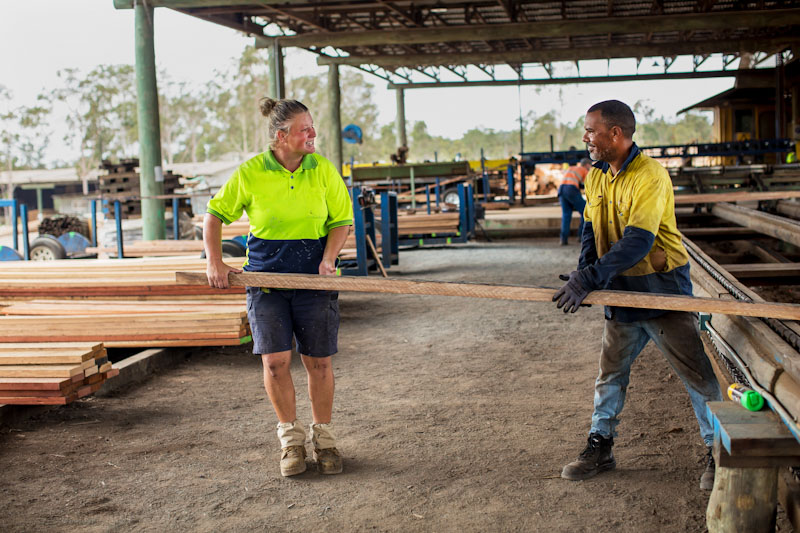
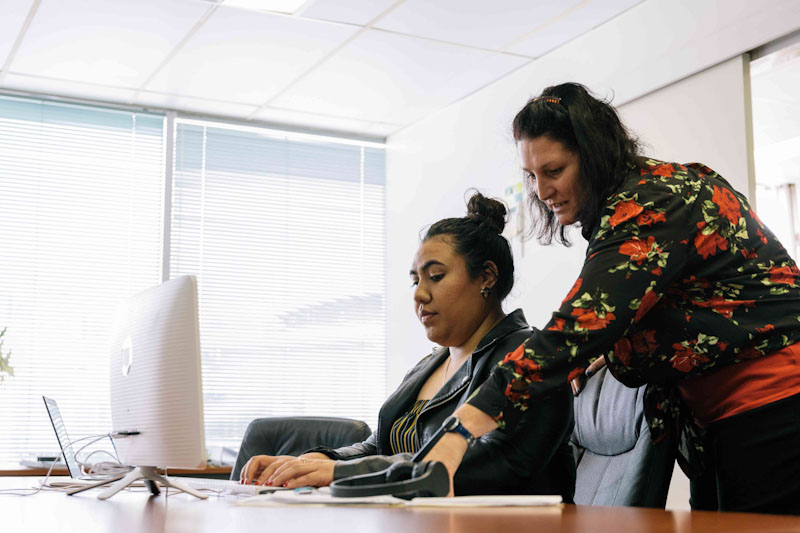

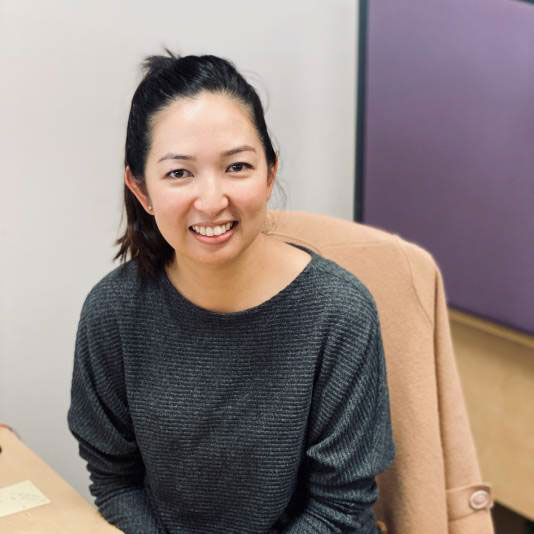

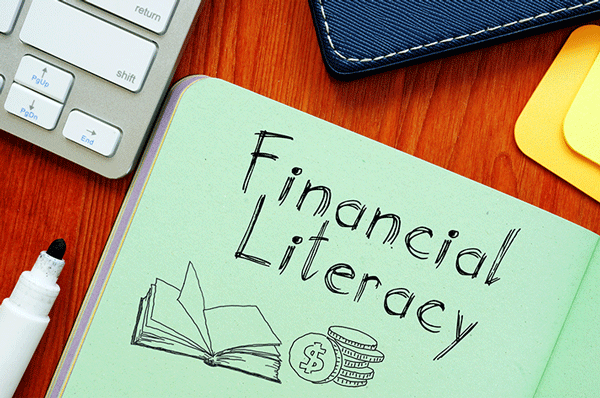
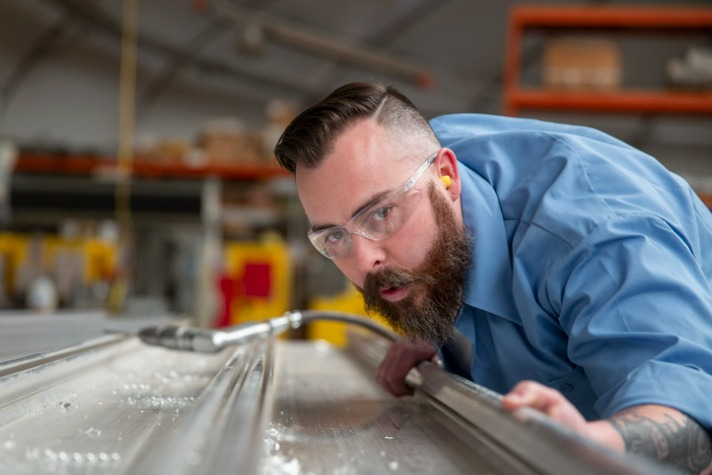


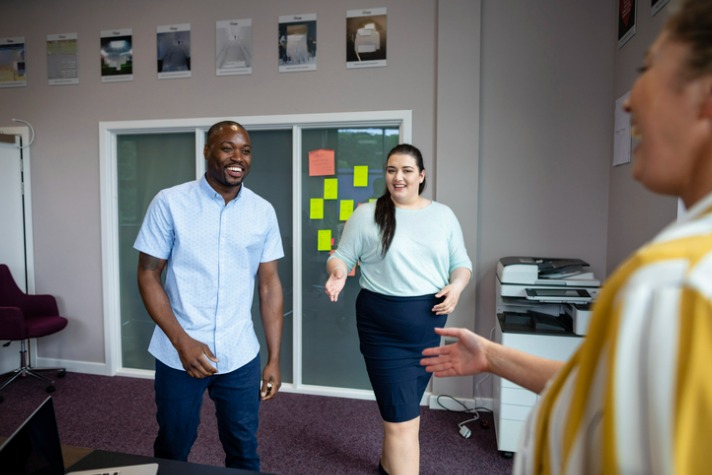
.jpeg)
